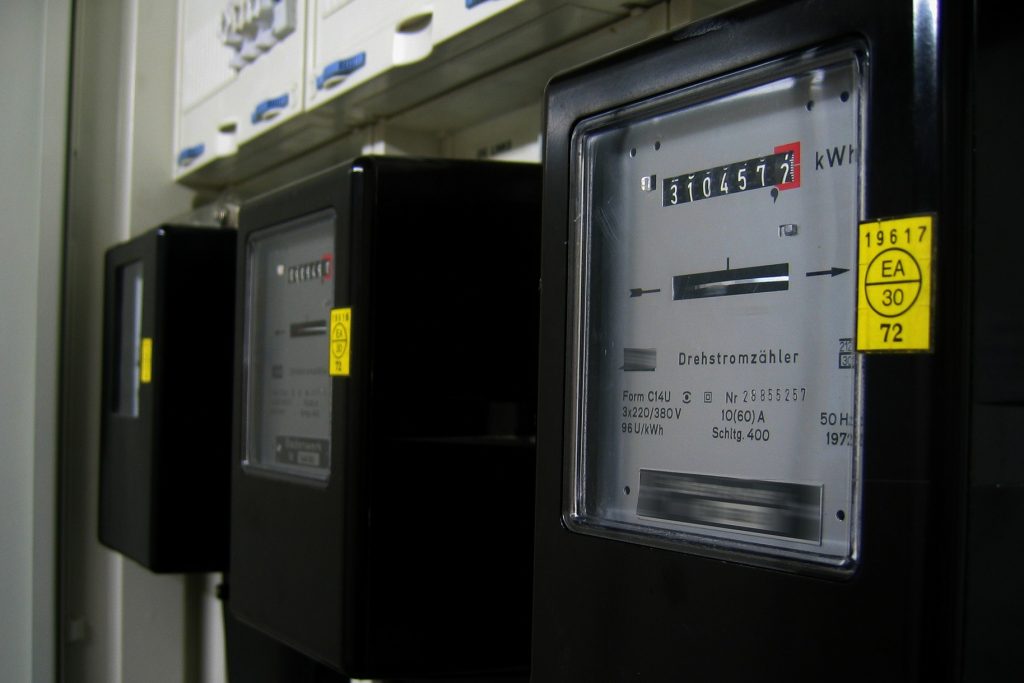- Client: EC - DG Energy
- Implementation period: April, 2019 - April, 2020 (Completed)
- Geographic coverage: European Union
- Theme: Energy
- Topic: Energy Markets
- Experts: Koen Rademaekers, Matthew Smith, Jessica Yearwood Travezán, João Gorenstein Dedecca, Onne Hoogland, Rob Williams, Perla C. Torres Vega, Luc van Nuffel, Joris Moerenhout, Liliana Guevara Opinska, Frida Falkevik, Vineta Goba
Trinomics leads update of flagship report on EU energy costs, taxes, subsidies and investments
Trinomics led a consortium which carried out this high profile work for the European Commission’s DG Energy. This work built on the recent (2018) Costs and Prices study for DG Energy and further developed analysis of energy costs, taxes and subsidies. The aim of the work was to provide DG Energy with a complete and consistent set of data on energy generation costs, system costs and the costs of externalities. It also accounted for the taxes, subsidies and investments in the energy section.
The work was carried out with a large part of the data gathering carried out by national experts in each EU Member State and non-EU member of the G20. The study consulted a wide variety of data and sources and included two stakeholder workshops.
The project was led by Trinomics in collaboration with Enerdata, Cambridge Econometrics, VITO, TML and WENR. The project run from March 2019 until October 2020.

The project work is split across 8 tasks, namely:
The work was split across 8 tasks, namely:
- (T1) Methodological and framework development – which developed the key parameters, scope and agreed approach to the work;
- (T2) Mapping energy costs – which consulted literature to develop a database of levelised cost estimates for electricity and heat technologies;
- (T3) Energy costs and subsidies – which gathered data to enable bottom up levelised cost estimates and gather data and provide analysis of energy subsidies;
- (T4) Network costs – which estimated the costs of regulated network assets and infrastructure;
- (T5) External costs – which estimated the externality costs of energy per technology and country;
- (T6) Energy efficiency subsidies – which identified and analysed the subsidies to energy efficiency in each country;
- (T7) Energy taxes and levies – which gathered data and provided analysis on energy taxes per type and per country; and,
- (T8) Impacts of subsidies on investment – which quantified investments in energy technologies and analysed the impact of subsidies on investments, particularly those of fossil fuel subsidies on renewable energy investments.